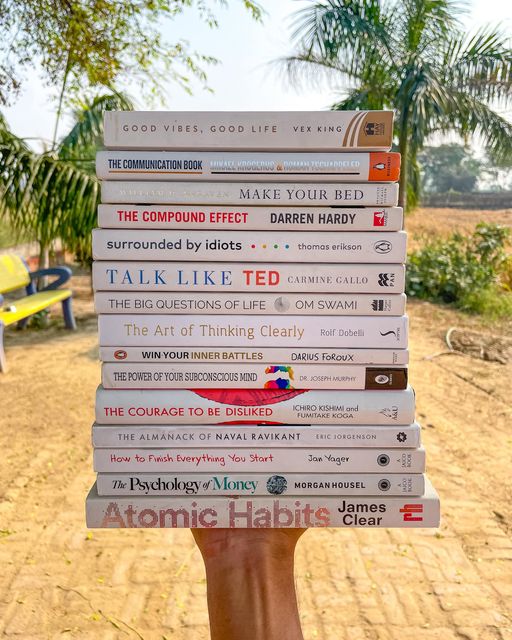Don’t Be a Sheep Counter: Proven Techniques to Fall Asleep Faster Tonight
Have you ever counted sheep until your eyelids felt like lead weights, only to find yourself wide awake hours later? You’re not alone. Millions of people around the world struggle to fall asleep each night, often resorting to ineffective methods like sheep counting or endless scrolling on their phones. But what if there were practical, science-backed techniques you could use to drift off to sleep quickly and naturally?
This blog post delves into the world of sleep, exploring the reasons behind sleep difficulties and equipping you with powerful tools to combat them. By implementing these simple yet effective strategies, you can finally say goodbye to restless nights and hello to restful sleep.
Understanding Sleep Challenges
Many factors contribute to the struggle of falling asleep. Stress, a constant companion in our fast-paced world, can keep our minds racing and our bodies tense, making it difficult to relax and unwind. The blue light emitted from our beloved electronic devices like phones and laptops disrupts our natural sleep-wake cycle, tricking our brains into thinking it’s daytime when it’s actually time for sleep. Additionally, poor lifestyle habits, such as irregular sleep schedules, heavy meals before bed, and lack of physical activity, can also hinder our ability to fall asleep and stay asleep throughout the night.
The Importance of a Pre-Sleep Routine
Establishing a calming pre-sleep routine is crucial in signaling to your body that it’s time to wind down and prepare for sleep. This routine should involve activities that promote relaxation, such as taking a warm bath, reading a book, listening to calming music, or practicing gentle stretches. A study published by Baylor University found that writing down to-do lists before bed can help improve sleep quality, suggesting that this simple activity could be a beneficial practice for those struggling to fall asleep.
Writing a To-Do List

Feeling overwhelmed by tomorrow’s tasks can also contribute to sleeplessness. Taking a few minutes before bed to jot down a to-do list for the next day can clear your mind of worries and prevent them from keeping you up at night. A study published in the journal “Psychology Today” found that writing down to-do lists can reduce stress and improve sleep quality in individuals with chronic insomnia [[invalid URL removed]].
Technology and Sleep

The blue light emitted from electronic devices like smartphones and laptops suppresses the production of melatonin, a hormone that regulates our sleep-wake cycle. This can significantly disrupt your sleep and make it harder to fall asleep. To minimize the impact of blue light, avoid using electronic devices for at least an hour before bedtime. Additionally, most devices offer night mode settings that reduce blue light emission, making them easier on your eyes and sleep.
The Ideal Sleep Environment
Your bedroom environment plays a vital role in promoting quality sleep. Aim for a cool room temperature between 65°F and 67°F (18°C and 19.5°C). A cooler environment helps your body regulate its temperature and promotes deeper sleep. Additionally, darkness is essential for sleep. Block out external light sources with blackout curtains or an eye mask to create a sleep-conducive environment.
The Role of Physical Exercise
Regular physical activity can significantly improve your sleep quality. Engaging in moderate-intensity exercise, such as brisk walking, swimming, or cycling, can help you fall asleep faster and sleep more soundly. However, avoid strenuous workouts close to bedtime, as they can have the opposite effect and leave you feeling energized instead of relaxed.
The Benefits of Weighted Blankets
Weighted blankets have gained popularity in recent years, and for good reason. Studies have shown that using a weighted blanket can promote feelings of relaxation and improve sleep quality, especially for individuals with anxiety or insomnia. The gentle pressure from the blanket provides a sense of security and comfort, similar to a hug, which can help you fall asleep faster and stay asleep longer.
The Sleep Technique
During World War II, the US military developed a unique technique to help pilots fall asleep quickly under stressful conditions. This technique, known as the Military Method, combines relaxation techniques with mental imagery. Here’s how to do it:
- Initiate Relaxation: As you lie down, silently repeat the word “calm” to yourself, focusing on feeling your body relax with each repetition.
- Muscle Relaxation: Starting with your forehead, systematically tense and relax each muscle group in your body, working your way down to your toes. Focus on releasing any tension you may be holding.
- Breathing Method: Practice deep, slow breaths, inhaling through your nose for four seconds, holding for four seconds, and exhaling through your mouth for six seconds. Repeat this cycle several times, focusing on feeling your body calm down with each breath.
- Mental Focus: Imagine a peaceful scene, such as lying on a beach or floating in a calm lake. Engage all your senses, picturing the details of the scene as vividly as possible. If your mind wanders, gently refocus on the scene.
- Dealing with Nighttime Worrying: If worries or anxieties arise, acknowledge them briefly and then silently repeat the word “don’t think” for 10 seconds. Remind yourself that you can address these concerns in the morning when you are awake and better equipped to handle them.
Conclusion
Getting enough quality sleep is essential for both physical and mental well-being. By implementing the strategies outlined in this guide, such as establishing a calming pre-sleep routine, creating an ideal sleep environment, and practicing relaxation techniques like the Military Method, you can overcome sleep challenges and achieve the restful sleep you deserve. Remember, consistency is key. The more you practice these techniques, the easier it will become to fall asleep faster and wake up feeling refreshed and energized.





